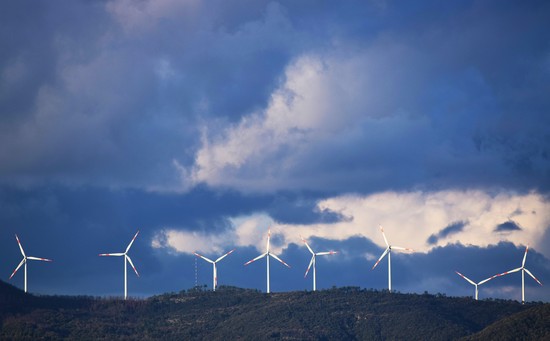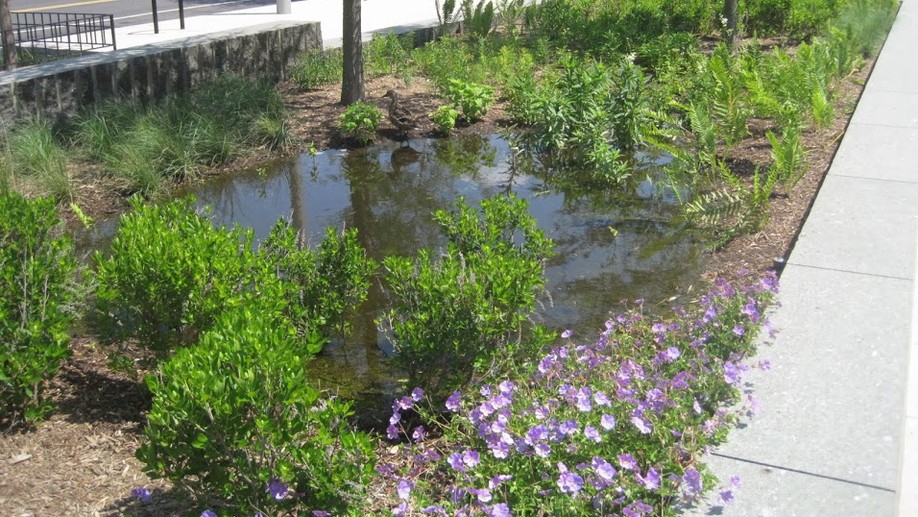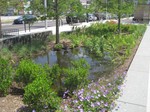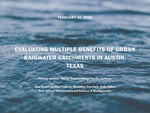Madeline E. Gorchels
Master of Environmental Science & Management
About
As a data analyst, I focus on improving resilience in water management. Through my experience working on water loss control, aquatic ecosystems, and green stormwater management, I’ve seen how water uniquely connects people to the environment. As climate change affects this resource reliability, focusing on water equity work will be crucial for bringing environmental investment to places most in need of resilience.
Some fun facts: I’ve hiked the mountain on the Toblerone bar; my cat, Comet, is helping me write this; I have the perfect to lemon almond cake recipe for tea with friends.
Interests
- Water Management
- Green Infrastructure
- Environmental Equity
- Data Science
Education
-
MESM in Water Resource Management & Environmental Data Science, 2020
Bren School of Environmental Science & Management
-
BA in Biological Sciences & Geosciences, 2016
Wellesley College























